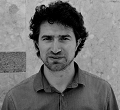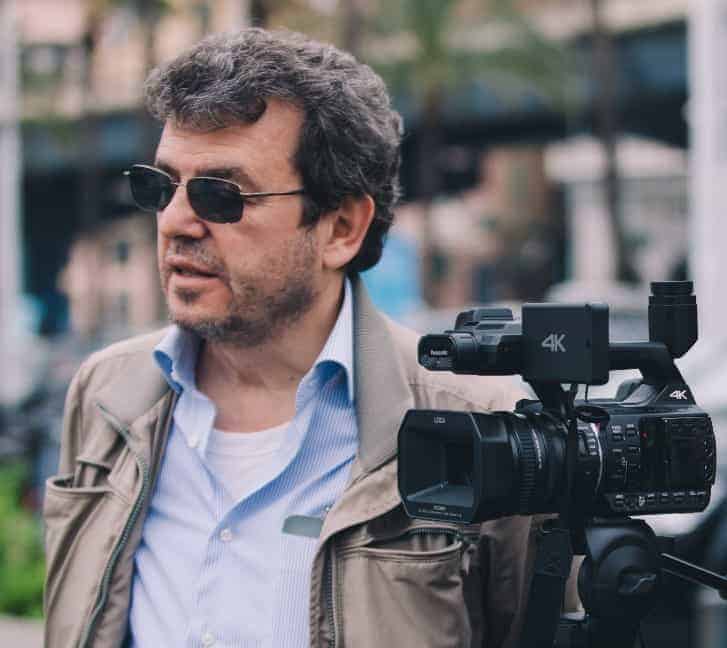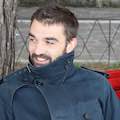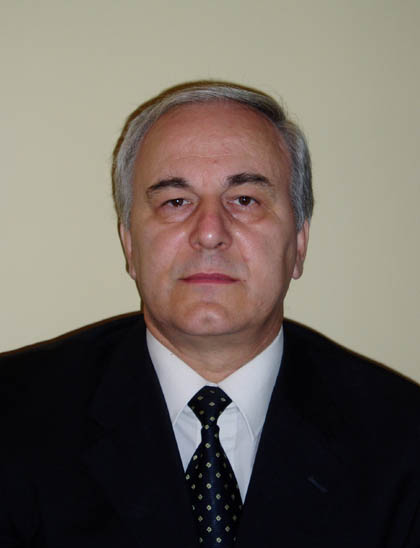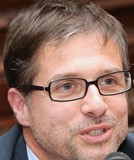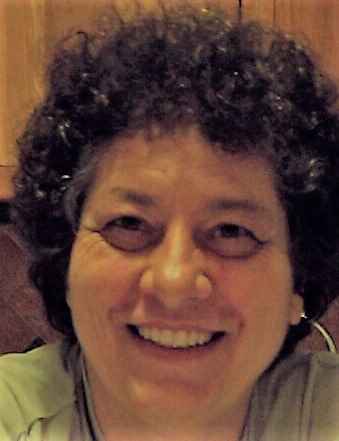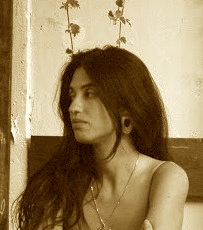Studying at the University of Verona
Here you can find information on the organisational aspects of the Programme, lecture timetables, learning activities and useful contact details for your time at the University, from enrolment to graduation.
Academic calendar
The academic calendar shows the deadlines and scheduled events that are relevant to students, teaching and technical-administrative staff of the University. Public holidays and University closures are also indicated. The academic year normally begins on 1 October each year and ends on 30 September of the following year.
Course calendar
The Academic Calendar sets out the degree programme lecture and exam timetables, as well as the relevant university closure dates..
| Period | From | To |
|---|---|---|
| Sem. 1A | Sep 24, 2018 | Nov 10, 2018 |
| Sem. 1B | Nov 19, 2018 | Jan 12, 2019 |
| Sem. 2A | Feb 18, 2019 | Mar 30, 2019 |
| Sem. 2B | Apr 8, 2019 | Jun 1, 2019 |
| Session | From | To |
|---|---|---|
| Sessione d'esame invernale | Jan 14, 2019 | Feb 16, 2019 |
| Sessione d'esame estiva (gli esami sono sospesi durante la sessione di laurea) | Jun 3, 2019 | Jul 27, 2019 |
| Sessione d'esame autunnale | Aug 26, 2019 | Sep 21, 2019 |
| Session | From | To |
|---|---|---|
| Sessione di laurea estiva | Jul 8, 2019 | Jul 13, 2019 |
| Sessione di laurea autunnale | Nov 4, 2019 | Nov 9, 2019 |
| Sessione di laurea invernale | Mar 30, 2020 | Apr 4, 2020 |
| Period | From | To |
|---|---|---|
| Festa di Ognissanti | Nov 1, 2018 | Nov 1, 2018 |
| Sospensione dell'attività didattica | Nov 2, 2018 | Nov 3, 2018 |
| Festa dell’Immacolata | Dec 8, 2018 | Dec 8, 2018 |
| Vacanze di Natale | Dec 24, 2018 | Jan 5, 2019 |
| Vacanze di Pasqua | Apr 19, 2019 | Apr 23, 2019 |
| Sospensione attività didattica | Apr 24, 2019 | Apr 27, 2019 |
| Festa della liberazione | Apr 25, 2019 | Apr 25, 2019 |
| Festa del lavoro | May 1, 2019 | May 1, 2019 |
| Festa del Santo Patrono | May 21, 2019 | May 21, 2019 |
| Festa della Repubblica | Jun 2, 2019 | Jun 2, 2019 |
| Vacanze Estive | Aug 12, 2019 | Aug 17, 2019 |
Exam calendar
Exam dates and rounds are managed by the relevant Culture and Civilisation Teaching and Student Services Unit.
To view all the exam sessions available, please use the Exam dashboard on ESSE3.
If you forgot your login details or have problems logging in, please contact the relevant IT HelpDesk, or check the login details recovery web page.
Should you have any doubts or questions, please check the Enrollment FAQs
Academic staff
 alessandro.bigardi@univr.it
alessandro.bigardi@univr.it
Cioffi Antonio
 luca.digiovanni@univr.it
luca.digiovanni@univr.it
 gianpaolo.lazzer@univr.it
gianpaolo.lazzer@univr.it
 sara.paolini@univr.it
sara.paolini@univr.it
 lor.reg@alice.it
lor.reg@alice.it
 antonella.toffali@univr.it
antonella.toffali@univr.it
Villani Simone
 simonevillani@tiscali.it
simonevillani@tiscali.it
Study Plan
The Study Plan includes all modules, teaching and learning activities that each student will need to undertake during their time at the University.
Please select your Study Plan based on your enrollment year.
1° Year
| Modules | Credits | TAF | SSD |
|---|
1 course to be chosen among the following
1/2 courses to be chosen among the following
1 course to be chosen among the following
3 courses to be chosen among the following
2° Year activated in the A.Y. 2019/2020
| Modules | Credits | TAF | SSD |
|---|
1 course to be chosen among the following
1 course to be chosen among the following
| Modules | Credits | TAF | SSD |
|---|
1 course to be chosen among the following
1/2 courses to be chosen among the following
1 course to be chosen among the following
3 courses to be chosen among the following
| Modules | Credits | TAF | SSD |
|---|
1 course to be chosen among the following
1 course to be chosen among the following
| Modules | Credits | TAF | SSD |
|---|
Legend | Type of training activity (TTA)
TAF (Type of Educational Activity) All courses and activities are classified into different types of educational activities, indicated by a letter.
Political philosophy and journalism (m) (2018/2019)
Teaching code
4S02361
Teacher
Coordinator
Credits
6
Language
Italian
Scientific Disciplinary Sector (SSD)
SPS/01 - POLITICAL PHILOSOPHY
Period
Sem. 2B dal Apr 8, 2019 al Jun 1, 2019.
Learning outcomes
The course intends to introduce and discuss some of the main themes of political philosophy with particular attention to both contemporary debates and socio-political transformations taking place in the globalized world. The focus will be placed on the question of democracy and the problems of contemporary democracy.
Program
Political conditions of contemporary democracy
The course offers a thorough analysis of the concept of democracy, from a historical-political exploration of the consolidation of the democratic regime in Europe (Petrucciani).
Classes will also deal with the issue of collective action and participation in democratic contexts, and therefore, of the tensions between projects of freedom, equality and social justice, from the point of view of the relations with the State.
Through a study of “populism” in democracy (Revelli) and of new form of political communication (Lorusso), the dynamics of protest and crisis that characterize democracies will finally be discussed in order to understand how the extension of the field of conflict is one of the fundamental conditions on which both the potential and the critical aspects of contemporary democratic model are rooted.
For a better understanding of the study path, it is recommended to read the texts in the following order:
1. Petrucciani / 2. Lorusso / 3. Revelli
In addition to the discussion of the texts in the bibliography, the study will be inspired by the current political events.
The teacher receives students by pre-fixed appointment.
| Author | Title | Publishing house | Year | ISBN | Notes |
|---|---|---|---|---|---|
| Stefano Petrucciani | Democrazia | Einaudi | 2014 | 9788806195922 | Particolare attenzione verrà posta sulla seconda parte del libro "Democrazia: strutture e principi" |
| Marco Revelli | Populismo 2.0 | Einaudi | 2017 | 9788806233365 | |
| Anna Maria Lorusso | Postverità | Laterza | 2018 | 978-88-581-3190-9 |
Examination Methods
Oral exam.
The discussion will start with a presentation (8 min.) of a case study (concept, event, fact, phenomenon, etc.) each student had previously choosen and prepared.
N.B.:
• The program and the conditions of the exam are the same for both attending and non-attending students.
• The oral presentation (8 min.) for attending students may also be inspired by the discussions that will have emerged during the lessons and by further documents.
• Participation to class discussions can positively affect the final grade.
Type D and Type F activities
Modules not yet included
Career prospects
Module/Programme news
News for students
There you will find information, resources and services useful during your time at the University (Student’s exam record, your study plan on ESSE3, Distance Learning courses, university email account, office forms, administrative procedures, etc.). You can log into MyUnivr with your GIA login details: only in this way will you be able to receive notification of all the notices from your teachers and your secretariat via email and soon also via the Univr app.
Graduation
List of theses and work experience proposals
| theses proposals | Research area |
|---|---|
| Laureandi Editoria e Giornalismo: vademecum | Various topics |
| TESI SU COMUNICAZIONE DELL’AGROALIMENTARE | Various topics |
| Stage | Research area |
|---|---|
| Proposte stages - Centro di ricerca Skenè | Various topics |
| TIROCINIO IN GIORNALISMO E SOCIAL MEDIA | Various topics |

 0458028637
0458028637


